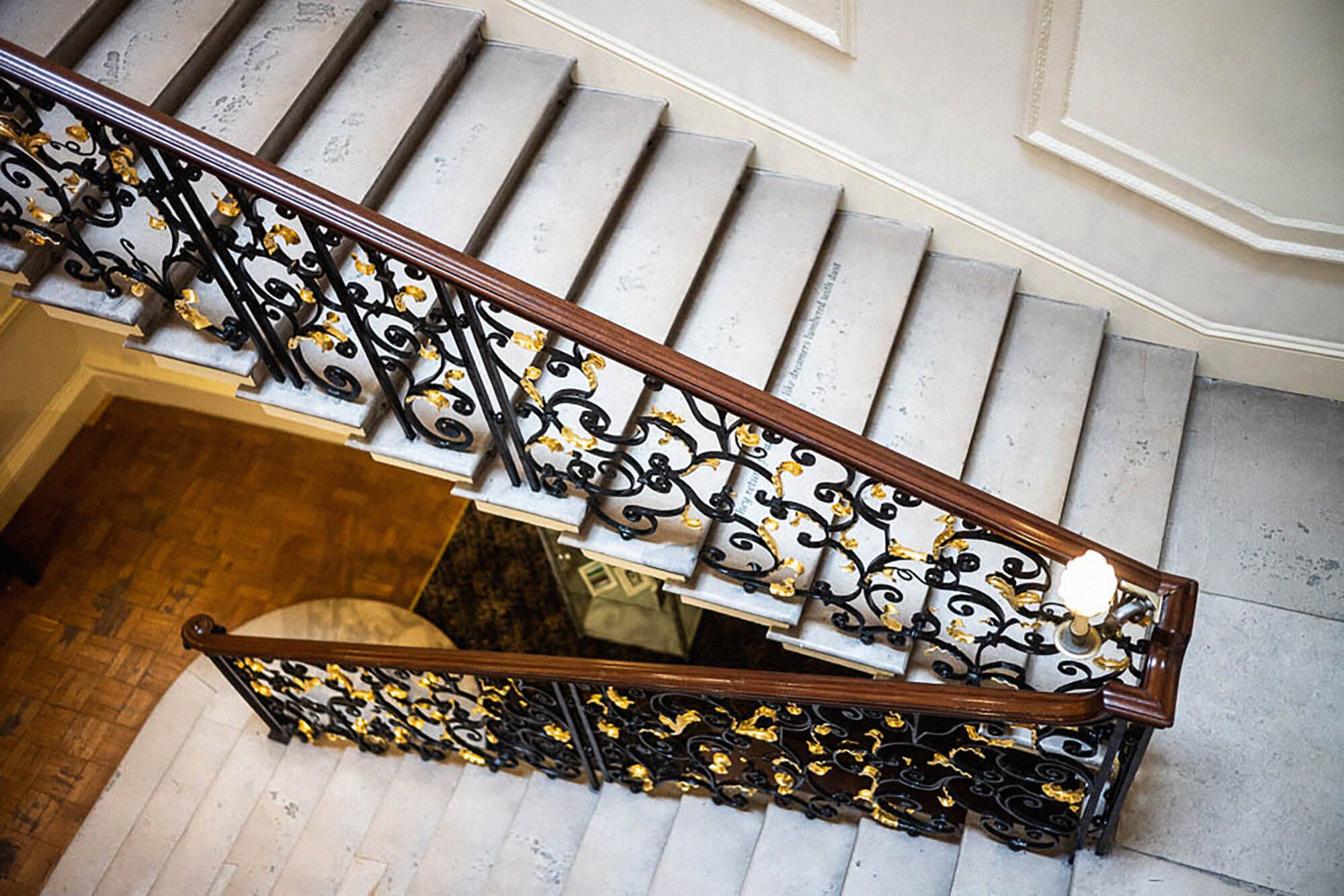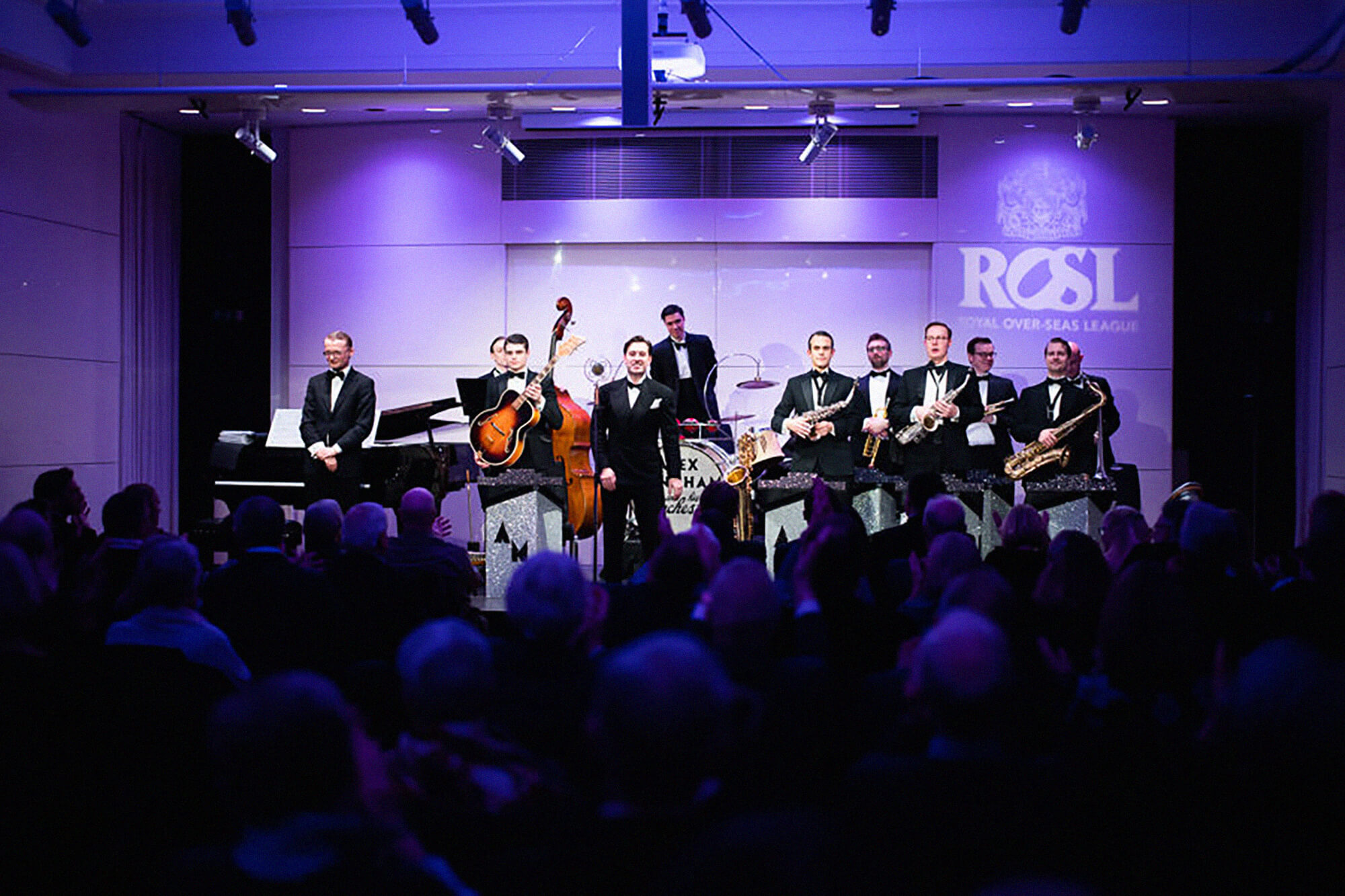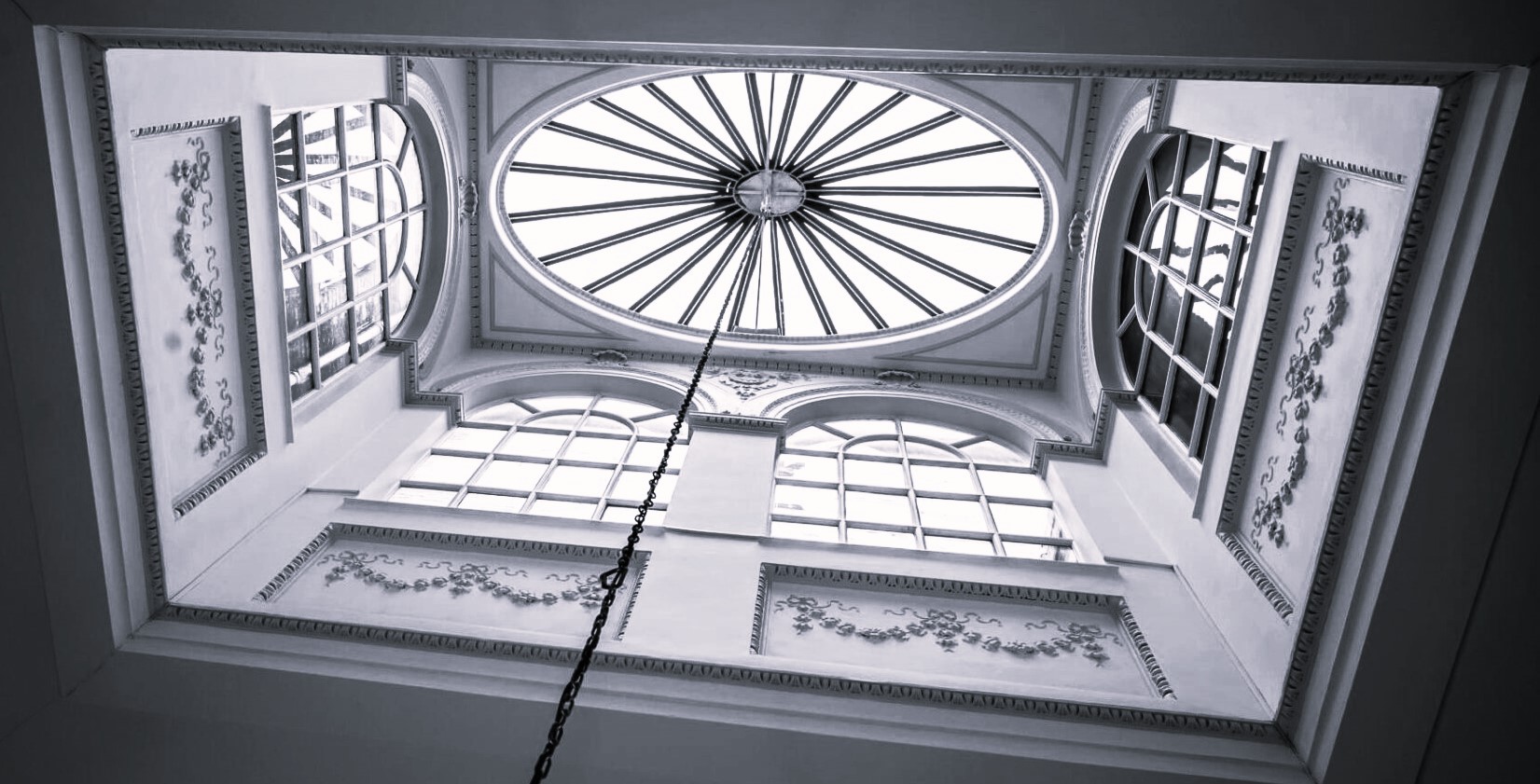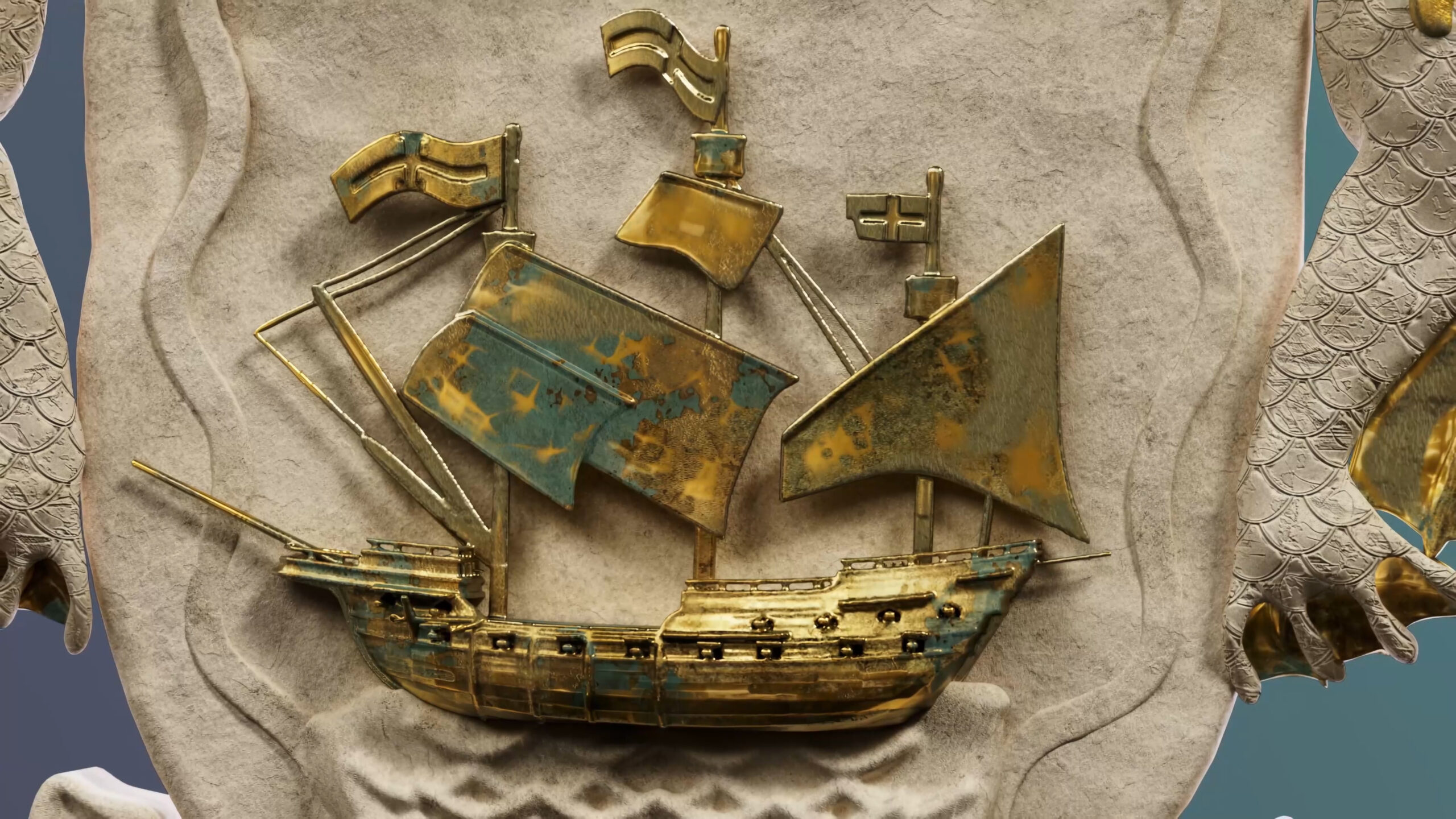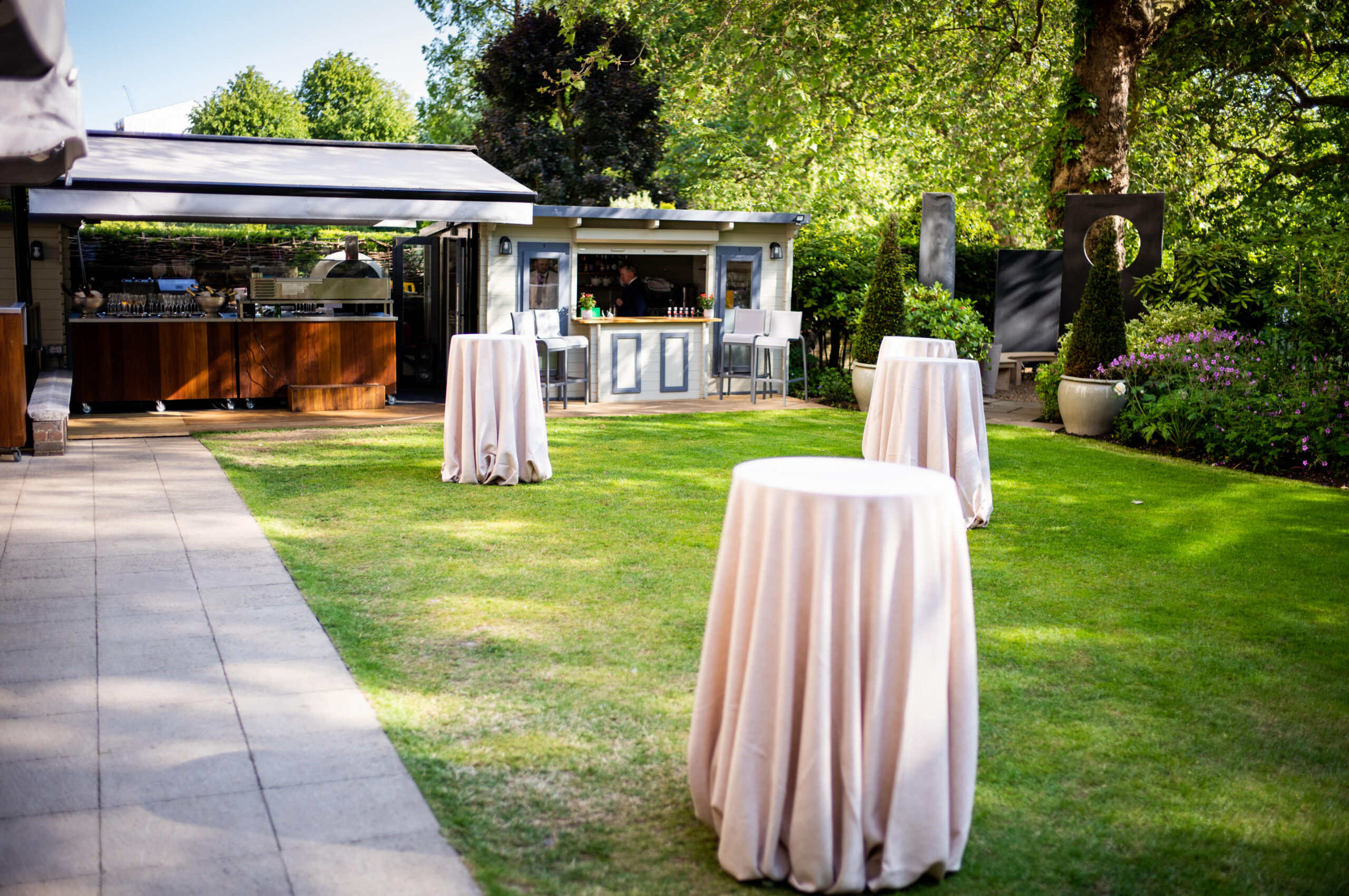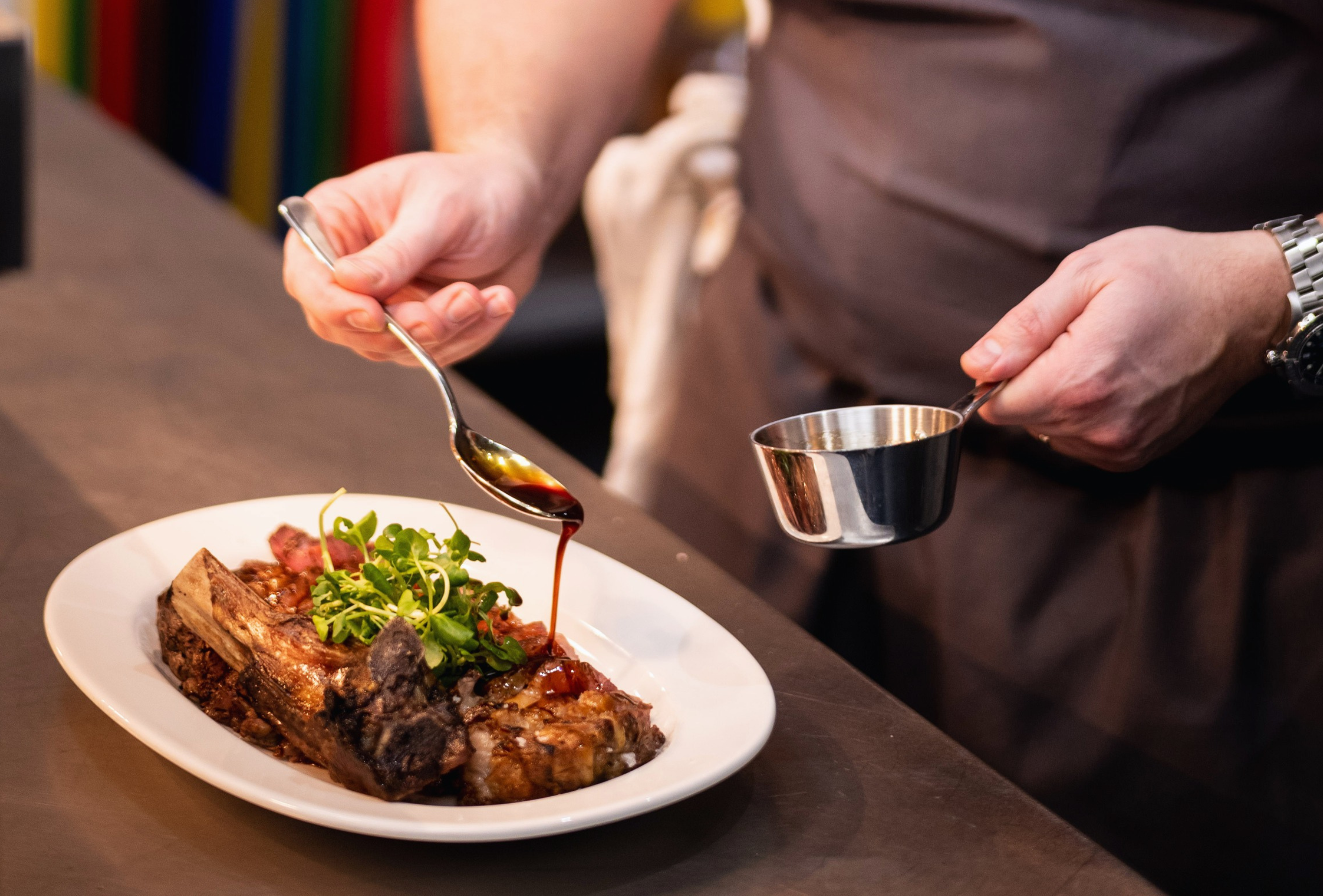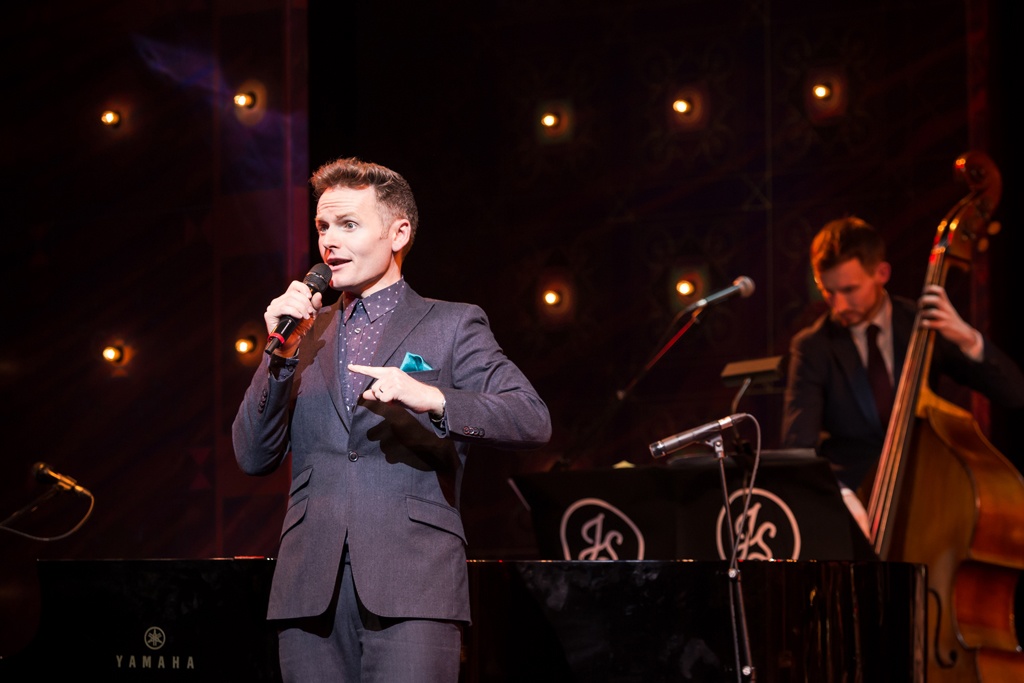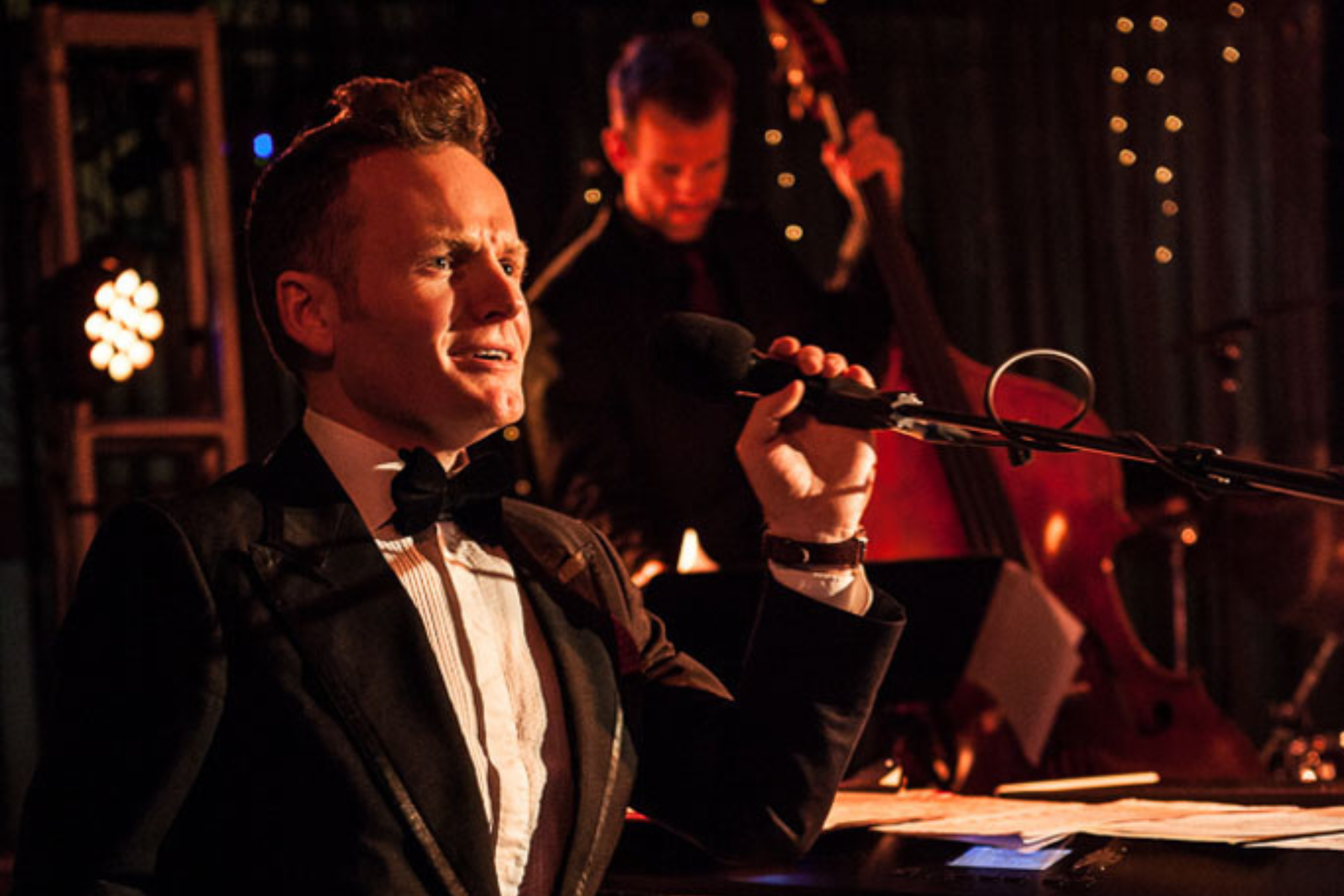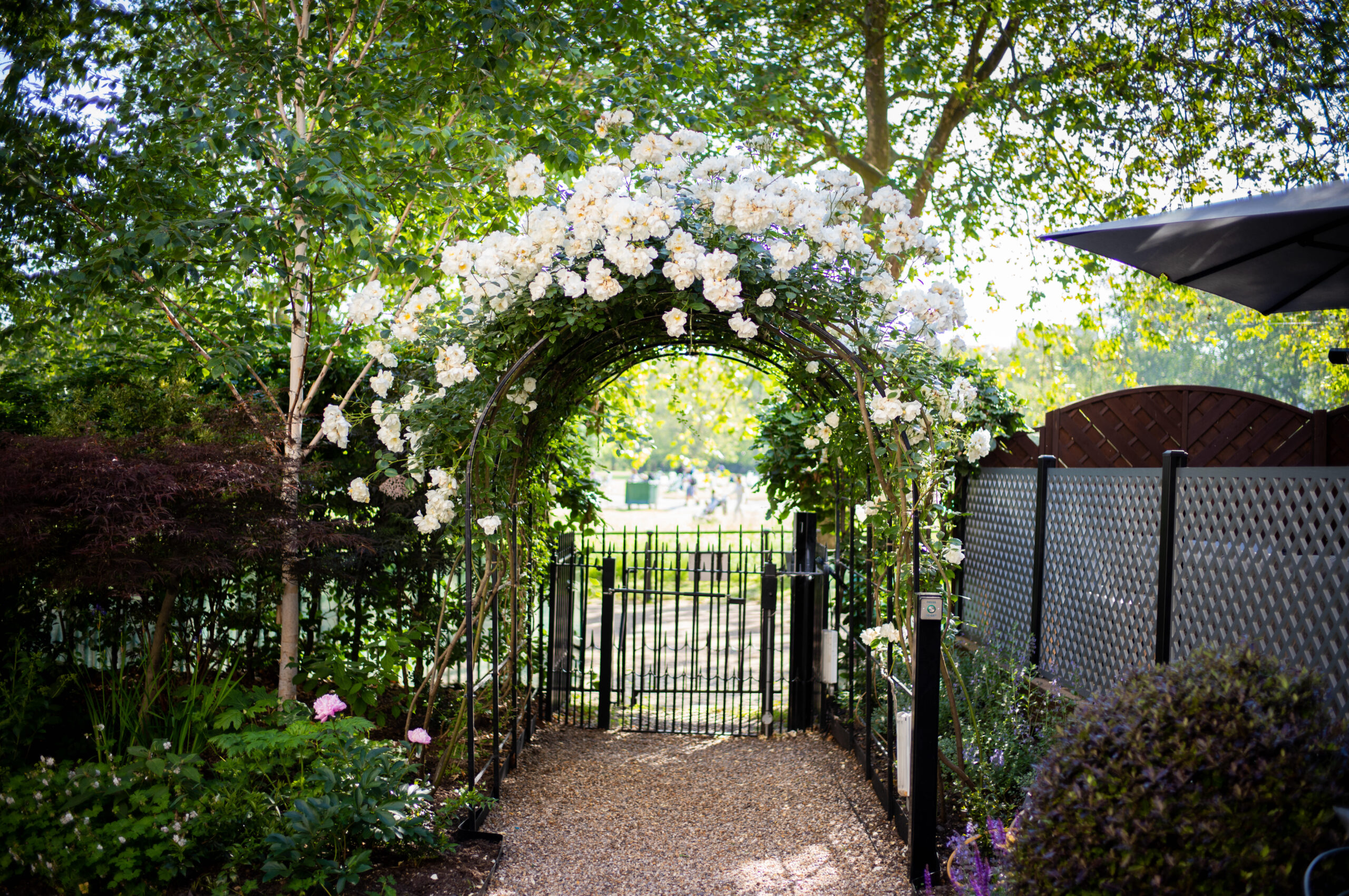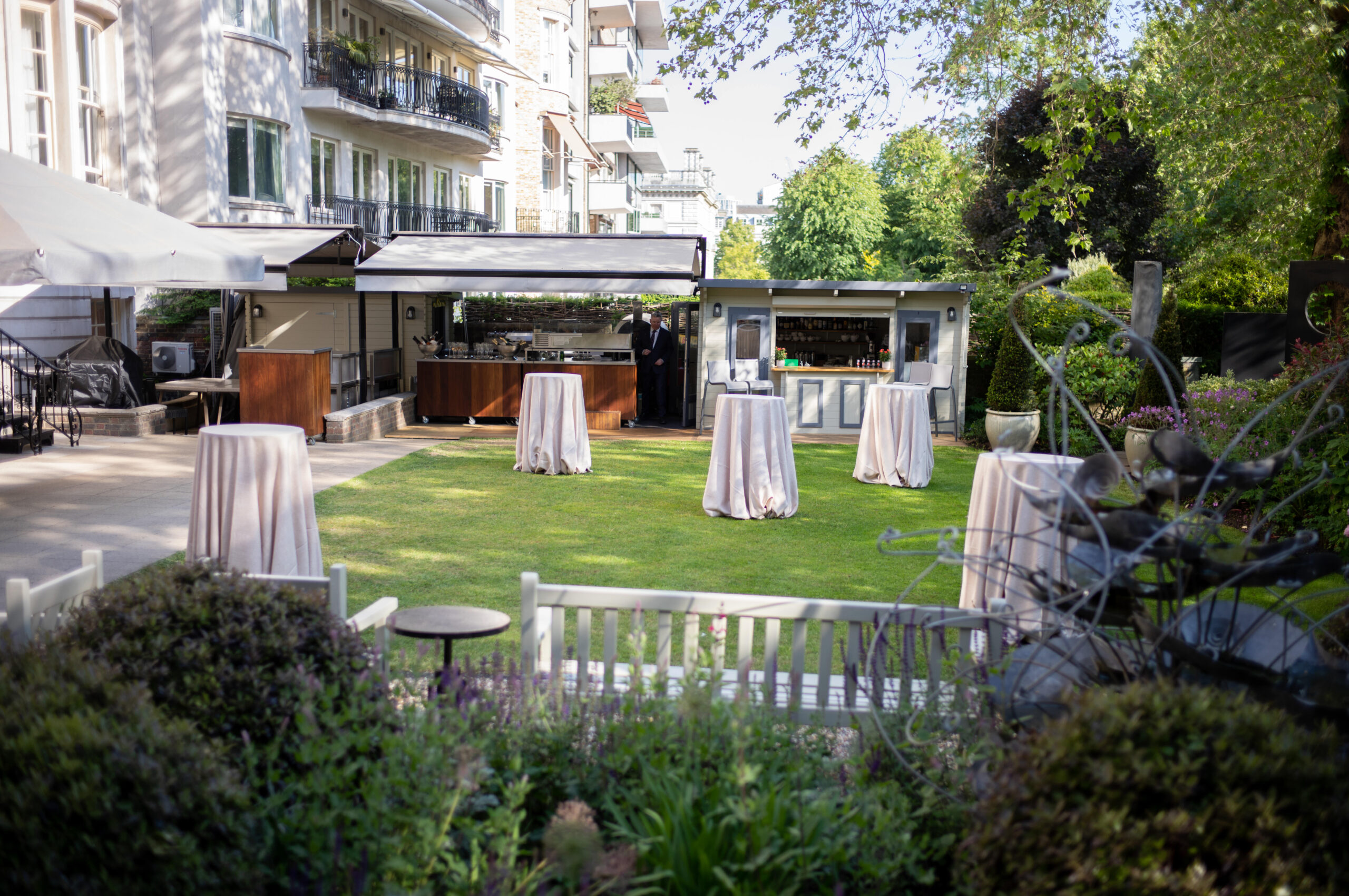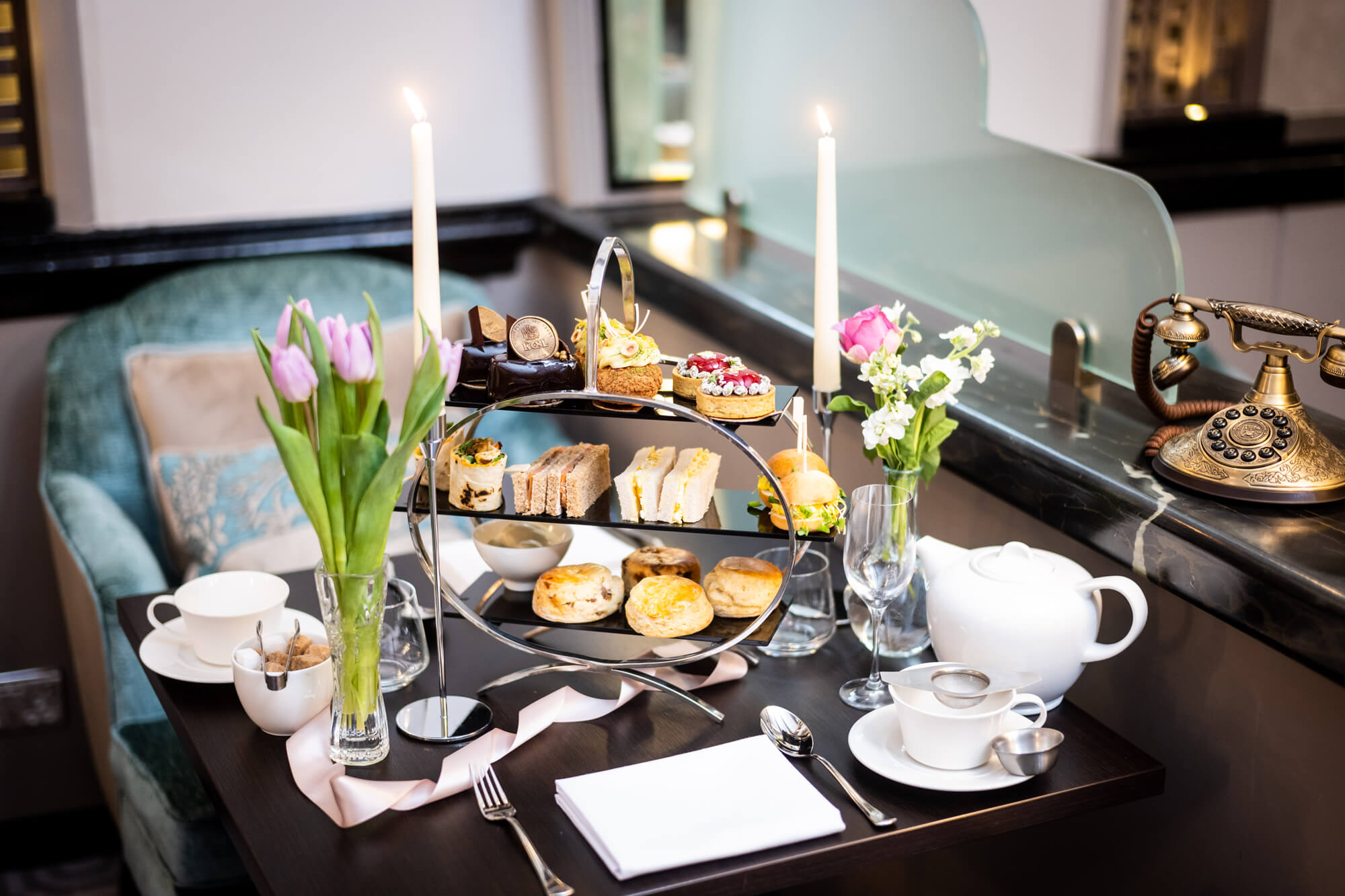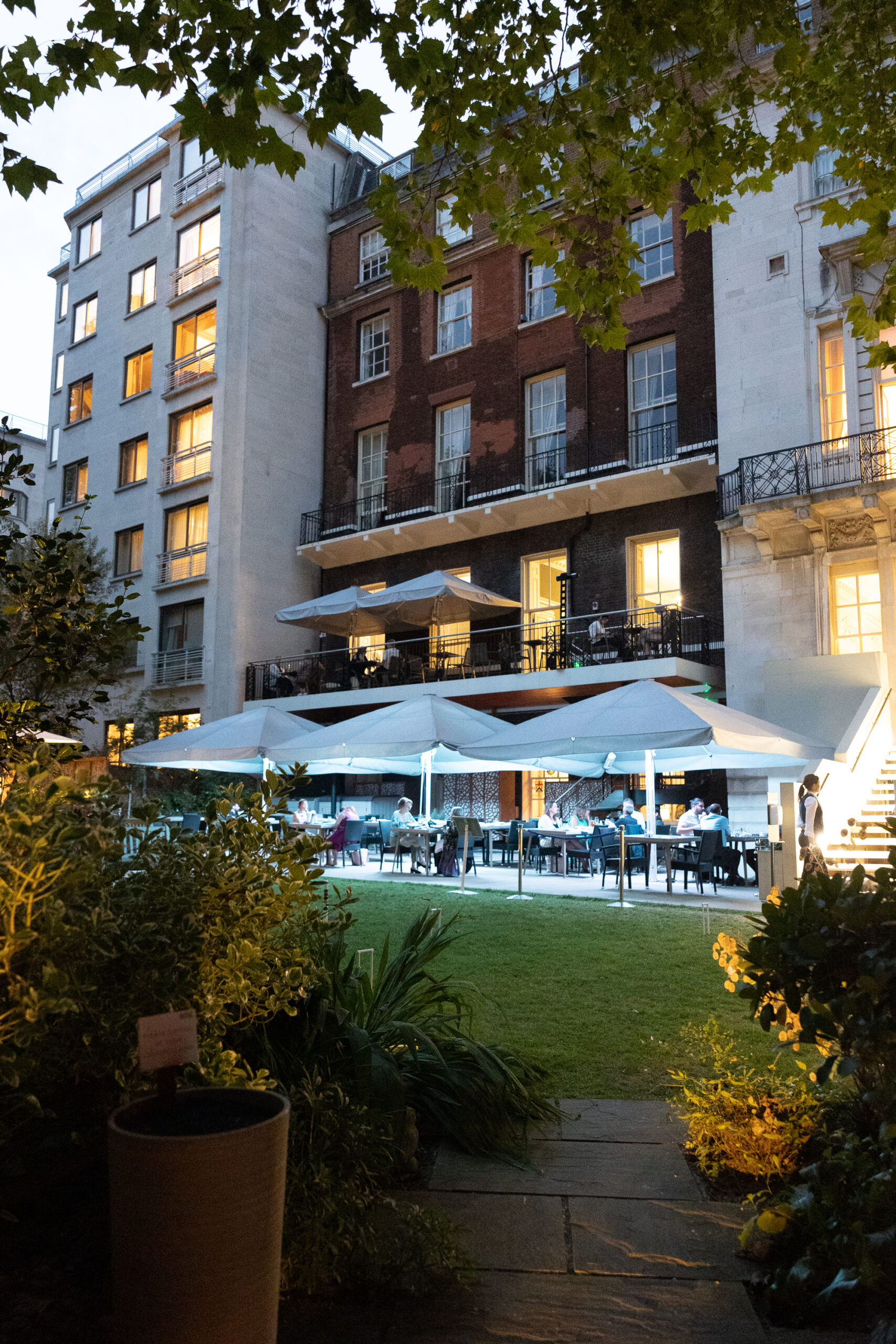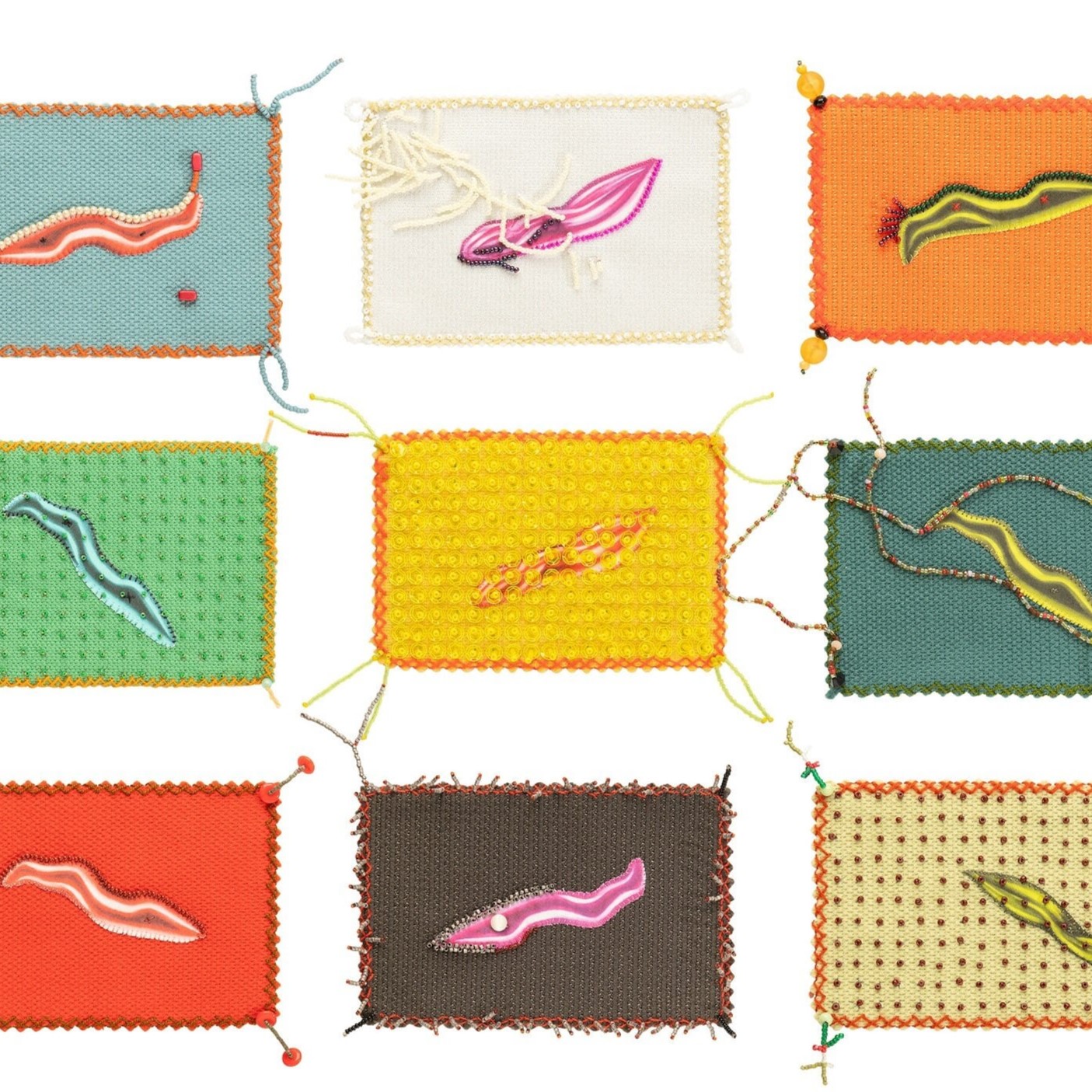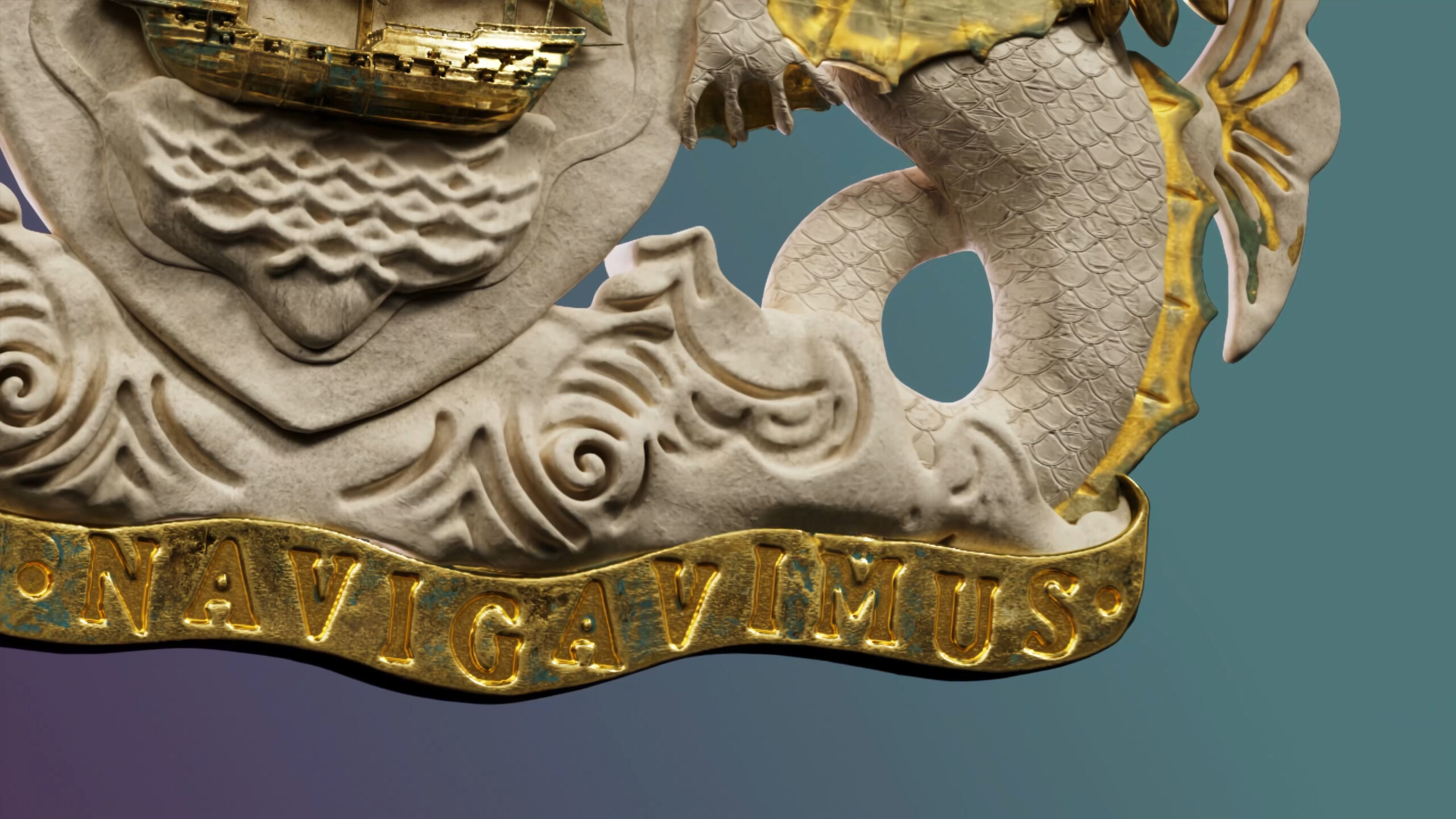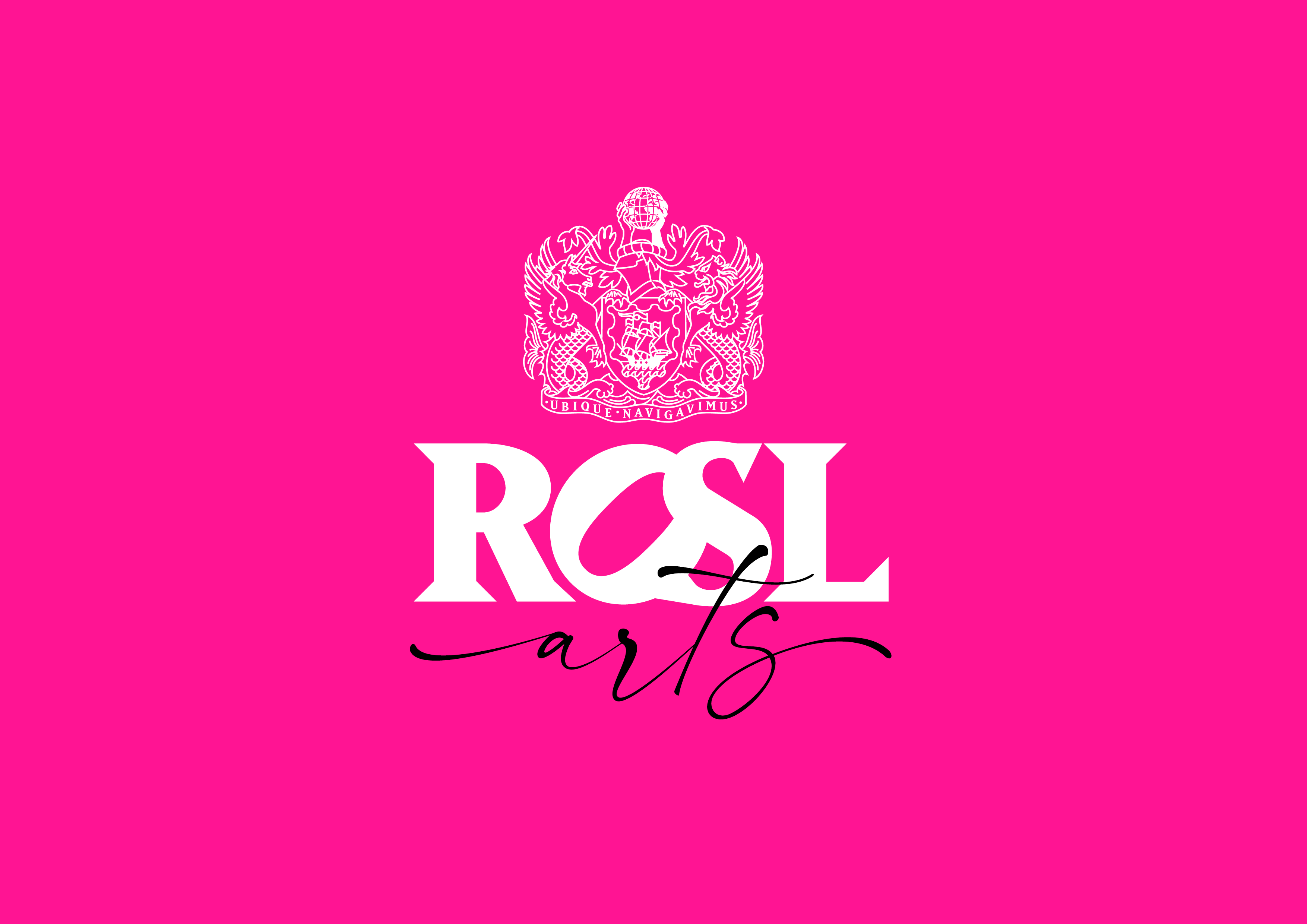Meet the man helping to transform people’s understanding of a country that has been shaped by conflict.
If there’s a country that seems to completely confound and defy expectation, then Iraq may well be it. For many of us, the name conjures uncomfortable images that flicker through the consciousness like rolling news footage (which itself came of age in the years in which US Forces invaded the country, giving the world horribly unprecedented access to a country at war); tragic images of peoples displaced, drone attacks, ancient monuments destroyed; news of massacres, turmoil and political unrest. The 21st century saw Iraq undergo not only invasion by the US and allied forces in the early noughties, and the deposition of their dictatorial leader Saddam Hussein, but also invasion by ISIS in the 2010s which further threw the country into turmoil after a fragile peace had been established.
But for the people that visit the ‘cradle of civilisation’, there’s so much more to the country than the shadow of conflict, from its beautiful and diverse natural landscapes (including the deserts and marshlands in the country’s centre and south to the snow-capped peaks of the Kurdish north) to the myriad archaeological sites that tell of Iraq’s rich and storied ancient history.
A key figure in changing the narrative of this post-conflict region is James Willcox, founder of Untamed Borders, a travel company that runs trips to some of the least visited and most inaccessible places in the world. We talk to him about his mission to try and transform people’s understanding of ‘so-called failed states’, the ways in which Iraq might regenerate after decades of turmoil, and how positive tourism can benefit local communities.
James has guided hundreds of people in hard-to-reach destinations. He is one of the founders of the Marathon of Afghanistan, the Somaliland Marathon and the Iraq Ski Rally. He is also a fellow of the Royal Geographical Society.
James, Iraq in particular has seen an incredible amount of trauma and upheaval in the past 20 years, from the War on Terror, to Mosul’s occupation by ISIS in the 2010s. That means that people most likely have a preconceived notion of the country – do you enjoy turning those expectations upside down and what surprises people most?
There is no hiding from the fact that places like Iraq have suffered severe difficulties and the things you see in the media, such as the aerial bombardment of Mosul and its control by ISIS were harrowing, and very true.
However, that’s only part of the nation’s picture and the country has many other layers – it’s been our mission to highlight those other layers for guests. For example, we began operating trips to Iraq in the early 2010s and we would take guests to Erbil, in the Kurdishcontrolled north of Iraq. It was an area undergoing a huge boom period, thanks to oil money and foreign investment, and it largely escaped the violence of the early 2000s, despite very troubled times not far away.
This would surprise many of our guests because in Erbil you would see high rises, neon lights, huge malls and wide boulevards – it almost felt like a mini Dubai and security was much better there. That’s only a small slice of the Iraqi picture – it also has an incredible ancient history, beautiful scenery and it’s known as the cradle of civilisation.
Some of our guests, who come with us to Iraq, have a knowledge of this already and may have read about the Ancient Sumerians, the Babylonians and the Ancient Mesopotamian civilisation, which all called what’s now modern day Iraq their home in the past. However, some guests just want to visit a rarely visited nation and their expectations are one of adventure. Most though will have watched the news over the years and seen the horrors and troubled periods the nation has been through – we aim to help show that all the countries we serve, including Iraq, are more than just their war-torn or troubled past.
Iraq has ancient history and beautiful scenery, and is known as the cradle of civilisation
You organised the planning and logistics for Michael Palin’s Channel 5 series Into Iraq, following the Tigris River 1,000 miles south, from its source at Lake Hazar in eastern Turkey, to the Persian Gulf. Did guiding a high-profile western presenter into this situation give you extra cause for concern? And what are the practicalities and potential dangers that must be taken into account when travelling to a post-conflict country?
So given that Iraq went through the war in 2003 and its following period of instability, along with the conflict with ISIS, there are still security risks and for every trip we undertake a full assessment of them. When you’re travelling with a film crew those risks can be different, because authorities will often take a different view to the media than they would to tourists for example. They may need different permissions and accreditations.
Also, when filming you potentially create a bigger footprint. People remember you more and might be asking more questions. You might want to film for longer periods of time in an open area such as a street, so you’d need to ascertain how long it would be wise to film in such an exposed area; you don’t really want to be in one place for too long. Having someone who is well known potentially increases a risk, but then Michael isn’t particularly well known in Iraq, which I think was probably quite refreshing for him; to just be part of the team rather than someone who is feted and recognised.
To what extent would you say that Iraq is now ‘renewed’ post-conflict? Is there a feeling of hope?
It’s very hard to say. There would be a lot of people that would say ‘no’. As we speak there are a lot of issues in the KRG region, which used to sell its own oil on a pipeline to Turkey. However, the Baghdad Government have ruled that process as illegal and in contravention of their trade agreement with the KRG region; the international community agreed with Bagdhad on that issue too. So the oil pipeline has been turned off and could potentially lead to economic struggles there.
And from 2019 up until Covid there were huge civil protests against the government in all of the big towns. Iraq suffers from a lot of problems; it’s heavily reliant on two rivers that start in neighbouring countries, Turkey and Iran, both of whom are building large dams because they want to conserve water as much as possible, so they have ecological issues, huge political issues, a large youth population with low employment. So I think if you spoke to a lot of people on the street, they wouldn’t necessarily be full of positivity and hope. However, if you look at the last 20 years this is one of the most peaceful periods within that time, and so with that there’s a hope that the peace allows for things to develop and improve.
And Iraq does have one of the world’s largest oil reserves which could mean finance coming into the country in a big way. There’s also other potential for wealth there – tourism, precious archaeological sites, all that ancient history: 1,000 years ago Iraq was the centre of the Islamic world and was incredibly advanced, for example the oldest library in the world was in Baghdad. There are so many beautiful natural assets too, including the beautiful Zagros mountains in the north of the country.
So while the country has its problems there are certainly reasons to have hope about its future.
How open are Iraqis to tourism and is there broader appeal for tourists?
For a country where much of the land is made up of flat plains bordered by two rivers, it has a surprising amount of diversity of landscape to explore. If you travel from south to north, you have the marshes in the south which are this vast ecological resource, and you’ve got the Zagros mountains in the north. In terms of diversity of ethnicity and religion; you have Kurds in the north, Christian communities, the Yazidi people, and we often go to Lalish which is their spiritual home. Iraq contains the two great pilgrimage centres for Shia people in Karbala and Arba’in, and more people make the pilgrimage to Karbala than go to Hajj in Mecca.
So you have this very rich culture and that taste of modern Iraq mixed with the ancient sites and natural features. It’s really a place that’s rich in different types of experience.
How can tourism benefit post-conflict regions?
We think a trip has been successful if the guests have had a rewarding experience, but also if the communities we visit benefit in some kind of way and of course there is a financial benefit from tourism as well. In a lot of countries we work in, there isn’t a tourism board so if there are ways that we can try and help with that we do. For example, we worked to create a ski community in Afghanistan – guests enjoyed it and it was really positive for the community too. So after we’d worked in Iraq for a couple of years we thought this could be a really positive thing to try to replicate in the mountains of Kurdistan. We work with a small local community in the town of Choman to develop their ski touring operation, putting on a ski race every year. It turned out there had been a winter festival in Choman in the 50s that Saddam Hussein had stopped, so the locals thought it would be a good idea to tie that in with the skiing. It was great to see that in a small way we were part of rekindling some of the community culture that had been going on pre-dictatorship.
You’ve said that you want to challenge the view of ‘failed states seen through one narrative’ – what brought you here?
We’re predominantly a tourism company and so have a responsibility to provide a rewarding and safe experience for our guests. But beyond that we have a commitment to the communities we visit, with a duty to represent these countries as the multi-faceted places that they are, and not through a simple narrative. It’s not particularly hard to do – these regions are interesting, so we don’t have to embellish their stories, but we do push back against the idea of a single narrative that plays into a biased view of that country, and try to represent something that’s authentic. We also can’t go the other way and present places in a completely positive light with no nuance. I remember reading an airline magazine recently that had a breezy article on how lovely Mogadishu (capital of Somalia) is with no consideration of some of the dangers and unrest present to tourists in that location at the moment. It didn’t mention the conflict at all, and was all about markets and beaches, which feels irresponsible. You have to be honest but not get bogged down in one particular narrative either.
![ROSL_Jazz_NIghts_Garden_4]()
![ROSL_Steak_Nights_in_the_Garden]()
![ROSL_Joe_Stilgoe_Songs_On_Film]()
![ROSL_Joe_Stilgoe_Songs_On_Film_6]()
![ROSL_Young_Members]()
![ROSL_Joe_Stilgoe_Songs_On_Film_7]()
![ROSL_Garden]()
![ROSL_Steak_Nights_in_the_Garden]()
![ROSL_Noah_Layzell_Guitarist]()
![ROSL_Jazz_NIghts_Garden]()
![cropped Simone Kennedy_’Soft Bodies’_ Group l_2022_Fabric swatches_silk print__seed beads mixed beads_ 10 x 7cm]()
![ROSL_Crest_Motto]()
![ROSL Arts Logo AW RGB-3]()
